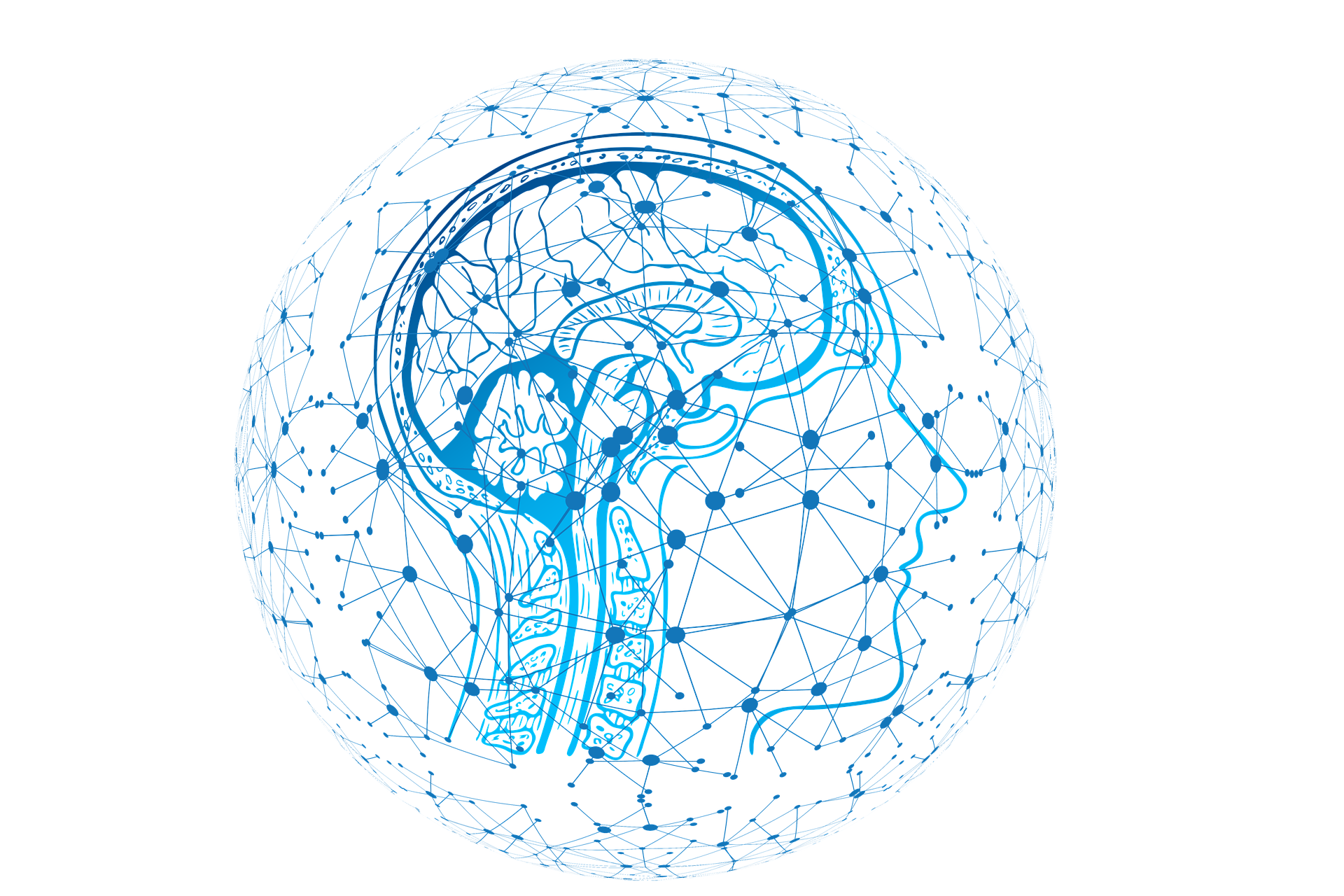
The ethical considerations of using AI and data science for global development
Artificial Intelligence (AI) and data science have the potential to revolutionize global development, enabling us to address complex challenges such as poverty, inequality, and climate change. However, as with any new technology, there are ethical considerations that must be taken into account. In this article, we will explore some of the ethical considerations of using AI and data science for global development.
Bias and Discrimination One of the most significant ethical considerations of AI and data science is the potential for bias and discrimination. Algorithms can only be as unbiased as the data that they are trained on, and if that data is biased, the algorithm will be too. This can lead to discrimination against certain groups, particularly those who are already marginalized. For example, if an AI algorithm is trained on data that contains racial or gender biases, it may perpetuate these biases when making decisions.
Privacy and Data Protection Another ethical consideration is privacy and data protection. AI and data science rely on vast amounts of data to train algorithms, and this data often contains sensitive information. There is a risk that this data could be misused or mishandled, leading to privacy violations. Additionally, there is a risk that data could be stolen or hacked, leading to security breaches.
Transparency and Accountability Transparency and accountability are also critical ethical considerations. It is essential that AI and data science systems are transparent, and that the decision-making processes are understandable to users. This is particularly important when these systems are making decisions that have a significant impact on people’s lives. Additionally, there must be accountability for decisions made by AI and data science systems, and there must be a mechanism for challenging decisions that are deemed unfair or unjust.
Automation and Job Displacement Automation is another ethical consideration when it comes to AI and data science. As these technologies become more prevalent, there is a risk that they will displace jobs and lead to unemployment. This is particularly concerning in developing countries, where job opportunities may already be limited. Additionally, there is a risk that the benefits of AI and data science will accrue to a small number of individuals or corporations, leading to increased inequality.
Cultural Sensitivity Finally, cultural sensitivity is an essential ethical consideration when using AI and data science for global development. Cultural norms and values vary widely across the globe, and it is crucial that AI and data science systems take these differences into account. Failure to do so can lead to unintended consequences and may undermine the effectiveness of these technologies in achieving their goals.
In conclusion, AI and data science have the potential to revolutionize global development, but we must approach their use with caution. It is essential that we take into account the ethical considerations outlined above, and work to ensure that these technologies are used in a way that is fair, transparent, and accountable. By doing so, we can harness the power of AI and data science to create a better future for all.

